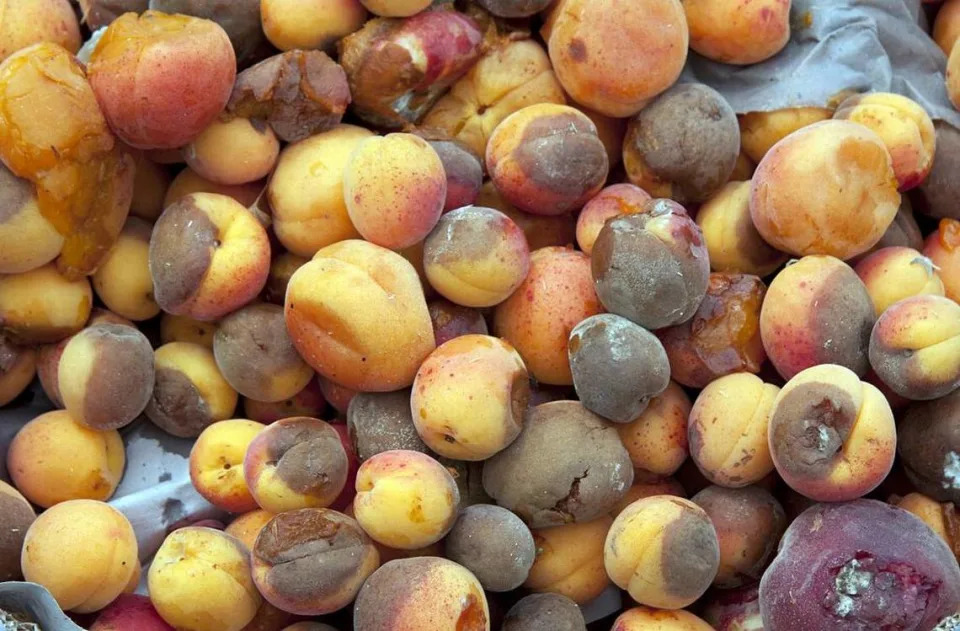The Island Packet
SC wastes more food than any other state, new study shows. Here’s why and how much
Sarah Claire McDonald – November 1, 2023
With the coming months bringing seasonal food fads and festive holidays, food waste has the potential to be much more prominent around this time of year.
After Cherry Digital, a communications agency, surveyed 3,200 Americans to find out how much was thrown away this past year, it was discovered that U.S. households waste about $907 worth of food annually.

As for South Carolina, the reported estimation was much higher than the nation’s.
Residents in households around the Palmetto State were reported to waste over $1,300 worth of food each year, according to survey data from the study.
After the findings were broken down state-by-state, the survey found that South Carolinians were the most wasteful overall, getting rid of $1,304.68 worth of food each year.
The least-wasteful state in the U.S. is West Virginia, the study states. This state’s residents reportedly only throw away $404.90 worth of their annual groceries.
Although this could in part be due to wasted leftovers, there could be another issue afoot.
The survey shows that only one-quarter of people know what the “use-by date” actually means for peak product quality.
According to the findings, the survey displayed that 30.4% of individuals believed that this date means the last date the product was edible, 22% thought that it meant that it was the last date the food product could be displayed and sold in a store and 21% believed that it meant the date that the product would be at its best flavor and quality, which is the meaning behind a “best-by date.”
According to the United States Department of Agriculture Food Safety and Inspection Service (USDA FSIS), examples of commonly used phrases and their meaning include:
- A “Best if Used By/Before” date indicates when a product will be of its best flavor or quality. It is not a purchase or safety date.
- A “Sell-By” date tells the store how long to display the product for sale for inventory management. It is not a safety date.
- A “Use-By” date is the last date recommended for the use of the product while at peak quality. It is not a safety date except for when used on infant formula as described below.
- A “Freeze-By” date indicates when a product should be frozen to maintain peak quality. It is not a purchase or safety date.
The survey also discovered that, for food wasted, 51.1% of people believe that best before dates on fruits and vegetables should be ignored as “it’s easy to tell if something has gone bad,” as detailed by its findings. The study also discovered that the foods Americans would most likely throw away are dairy products at 46.6%, 22.3% for meat, fish at 19.2%, bread at 5.1% and vegetables at 8.5%.

For those who don’t want their uneaten or unused food to go to waste, your local community may have several food drives, food banks and community help centers that will take all kinds of donations, especially around the holidays.
Although there could be several others, Feeding America’s website lets its users search for nearby affiliated food banks to donate. This website can be found online at https://www.feedingamerica.org/find-food-bank.
